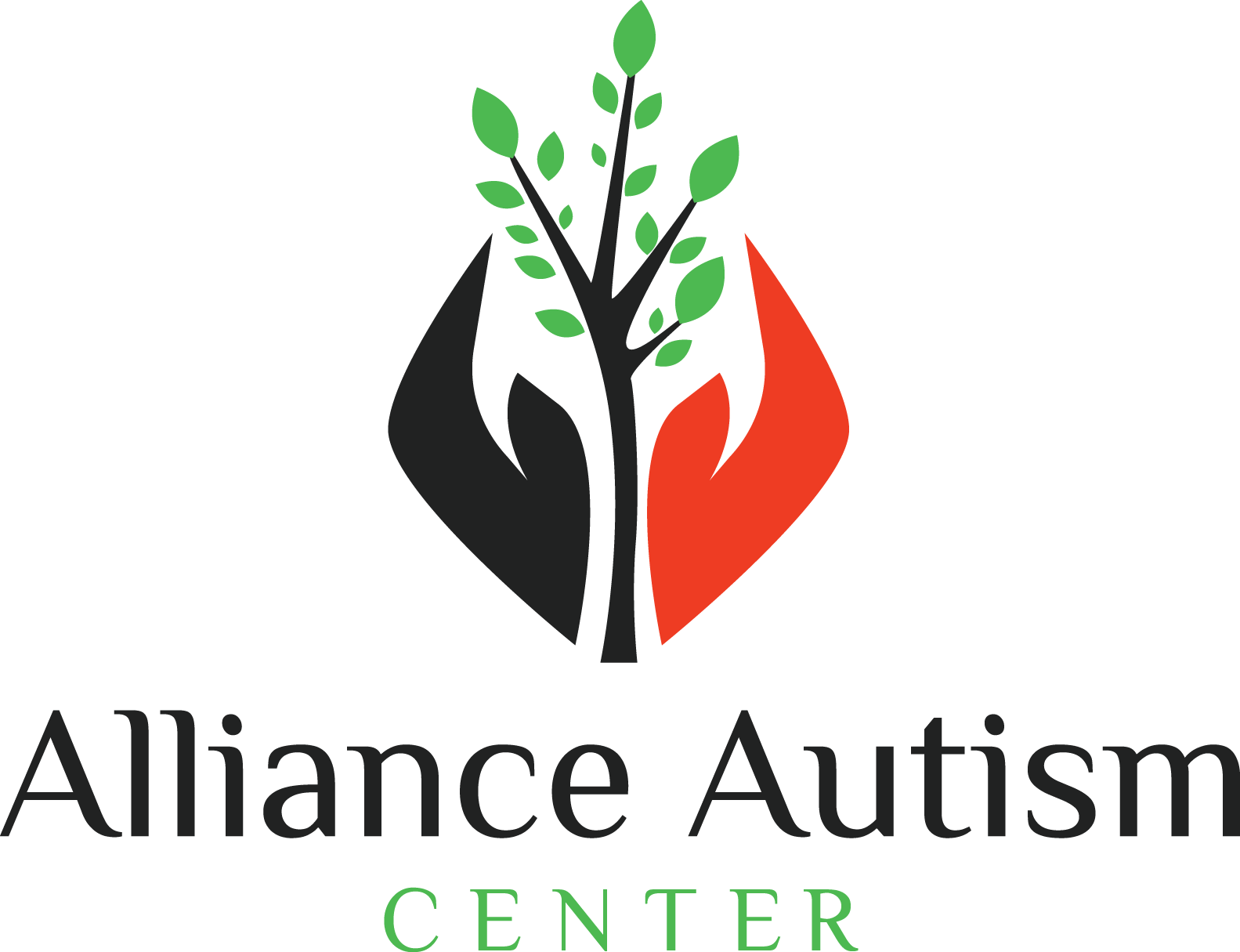Autism, also known as Autism Spectrum Disorder (ASD), is a complex neurological condition that affects how a person thinks, learns, interacts with others, and experiences the world. Despite being one of the most studied and discussed developmental disorders, autism is still surrounded by many myths and misconceptions. Understanding autism is not just about knowing the symptoms; it’s about fostering empathy, respect, and inclusion for those on the spectrum.
What is Autism?
Autism is a spectrum disorder, meaning that it manifests differently in each individual. Some people with autism might have significant challenges in communication and social interaction, while others may function independently with minimal support. The common thread is that autism affects how individuals process information and relate to the world around them.
Key characteristics of autism include:
- Communication Challenges: Individuals with autism may struggle with verbal and non-verbal communication. This can range from being non-verbal to having advanced verbal skills but difficulty understanding social cues like tone of voice, facial expressions, and body language.
- Social Interaction Difficulties: Autism often impacts social interactions. People on the spectrum may find it challenging to make and maintain friendships, understand social norms, or interpret other people’s emotions and intentions.
- Repetitive Behaviors: Many individuals with autism engage in repetitive behaviors or have specific routines that they follow rigidly. These behaviors can be comforting and help manage anxiety in an unpredictable world.
- Sensory Sensitivities: Sensory processing issues are common in autism. Individuals might be overly sensitive to lights, sounds, textures, or smells, or they may seek out sensory experiences in unique ways.
Debunking Myths About Autism
There are many myths and misconceptions about autism that can contribute to stigma and misunderstanding. Let’s debunk some of the most common ones:
- Myth 1: Autism is a Disease: Autism is not a disease and cannot be “cured.” It is a lifelong neurological condition that affects how a person experiences the world. The focus should be on support and acceptance rather than seeking a cure.
- Myth 2: People with Autism Lack Empathy: This is a harmful stereotype. While individuals with autism may express empathy differently or have difficulty understanding others’ emotions, many are deeply empathetic and care deeply about others.
- Myth 3: Autism is Caused by Bad Parenting: Autism is a neurodevelopmental condition with a strong genetic component. It is not caused by parenting styles or early childhood experiences.
- Myth 4: All People with Autism are Geniuses: While some individuals with autism may have exceptional talents or abilities, this is not true for everyone on the spectrum. Just like in the general population, people with autism have a wide range of intellectual and cognitive abilities.
Why Understanding Autism Matters
Understanding autism is essential for creating a more inclusive and compassionate society. When we take the time to learn about autism, we become better equipped to support individuals on the spectrum and to create environments where they can thrive. Understanding leads to empathy, and empathy leads to action.
Here’s why understanding autism is so important:
- Promotes Inclusion: When we understand autism, we are more likely to include individuals with autism in our communities, schools, and workplaces. Inclusion benefits everyone, as it enriches our lives with diverse perspectives and talents.
- Reduces Stigma: Misunderstanding and ignorance often lead to stigma, which can be incredibly damaging to individuals with autism and their families. By educating ourselves and others about autism, we can help reduce the stigma and create a more accepting society.
- Improves Support: Understanding the challenges and strengths of individuals with autism allows us to provide better support, whether it’s through tailored education plans, accessible healthcare, or workplace accommodations.
- Fosters Empathy: Understanding autism helps us see the world through the eyes of someone on the spectrum. This empathy can lead to more meaningful connections and relationships with individuals with autism.
How to Increase Understanding of Autism
Here are some ways you can increase your understanding of autism and help others do the same:
- Educate Yourself: There are many resources available to learn about autism, including books, documentaries, online courses, and websites run by autism organizations. The more you learn, the better equipped you will be to understand and support individuals with autism.
- Listen to Autistic Voices: One of the most valuable ways to learn about autism is by listening to people who are on the spectrum. Autistic self-advocates can provide insights into their experiences and challenges, and their perspectives are invaluable in increasing understanding.
- Challenge Misconceptions: When you hear someone repeating myths or misconceptions about autism, take the opportunity to correct them. Educating others is a powerful way to spread understanding and reduce stigma.
- Support Autism-Friendly Initiatives: Look for opportunities to support autism-friendly initiatives in your community, such as sensory-friendly events, inclusive education programs, or autism awareness campaigns.
- Encourage Inclusion: Advocate for the inclusion of individuals with autism in all areas of life, from education to employment to community activities. Inclusion is a key component of understanding and accepting autism.
Conclusion
Understanding autism is about more than just knowing the facts; it’s about developing a deep appreciation for the diverse ways that people on the spectrum experience the world. By increasing our understanding, we can create a society that is more inclusive, compassionate, and supportive of individuals with autism.
Autism is a part of the rich tapestry of human diversity. By embracing this diversity and striving to understand it, we can build a world where everyone, regardless of their neurological differences, is valued and respected.


